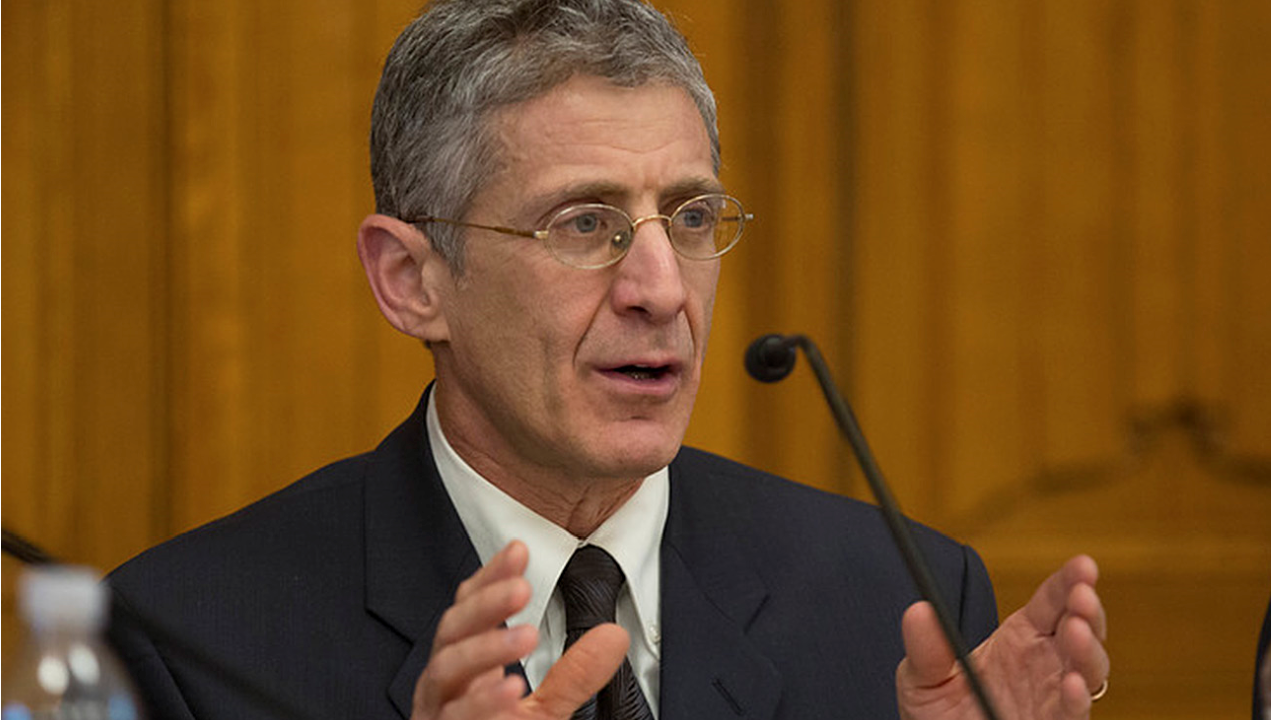
Case Update
Case Status: Victory in District Court
Davi v. Guinn
- Categories:
- Freedom of Speech
Davi’s Speech Case Before Second Circuit
New York's Unreasonable Fear of Free Speech
On September 16, 2022, CIR argued the workplace free speech case, Davi v. Hein, before the U.S. Court of Appeals for the Second Circuit. New York’s Office of Temporary and Disability Assistance (OTDA) demoted Salvatore Davi from his position as an administrative law judge after he posted critical comments about welfare policy in a semi-private Facebook argument. In March, District Judge Edward R. Korman ordered the agency to reinstate Davi to his position. OTDA filed an appeal.
Before the Second Circuit, CIR’s General Counsel Michael Rosman stressed that the Constitution provides strong protections for private citizen speech about issues of public concern. “In the ordinary case, the government’s burden is to show a substantial showing of likely disruption. But that’s the ordinary case… When the value of the speech is in the heart of the First Amendment… the burden on the government increases.” Davi’s speech “is why the First Amendment was enacted in the first place.”
OTDA claimed that it could lawfully demote Davi because it reasonably feared that attorneys representing welfare recipients would believe that Davi harbored bias against their clients and would seek his recusal. It argued that its fear of disruption outweighed the value of Davi’s right to free speech.
Rosman made clear that OTDA had no evidence to justify its fear of disruption, much less a substantial showing. Davi remained in his position for eight weeks after he posted his Facebook comments. In that time, no attorneys representing clients before OTDA objected to Davi’s work as an administrative law judge. Even after OTDA demoted Davi, it continued to use his ID number on cases. Still, there were no recusal requests. Furthermore, attorneys who suspected Davi of bias in past cases could have sought a reconsideration, but to date, no one has.
OTDA’s argument relies on the untenable idea that attorneys are more likely to evaluate Davi on the basis of political opinions expressed in a handful of Facebook comments than his overwhelming record of impartiality.
- Listen to the oral argument here.
